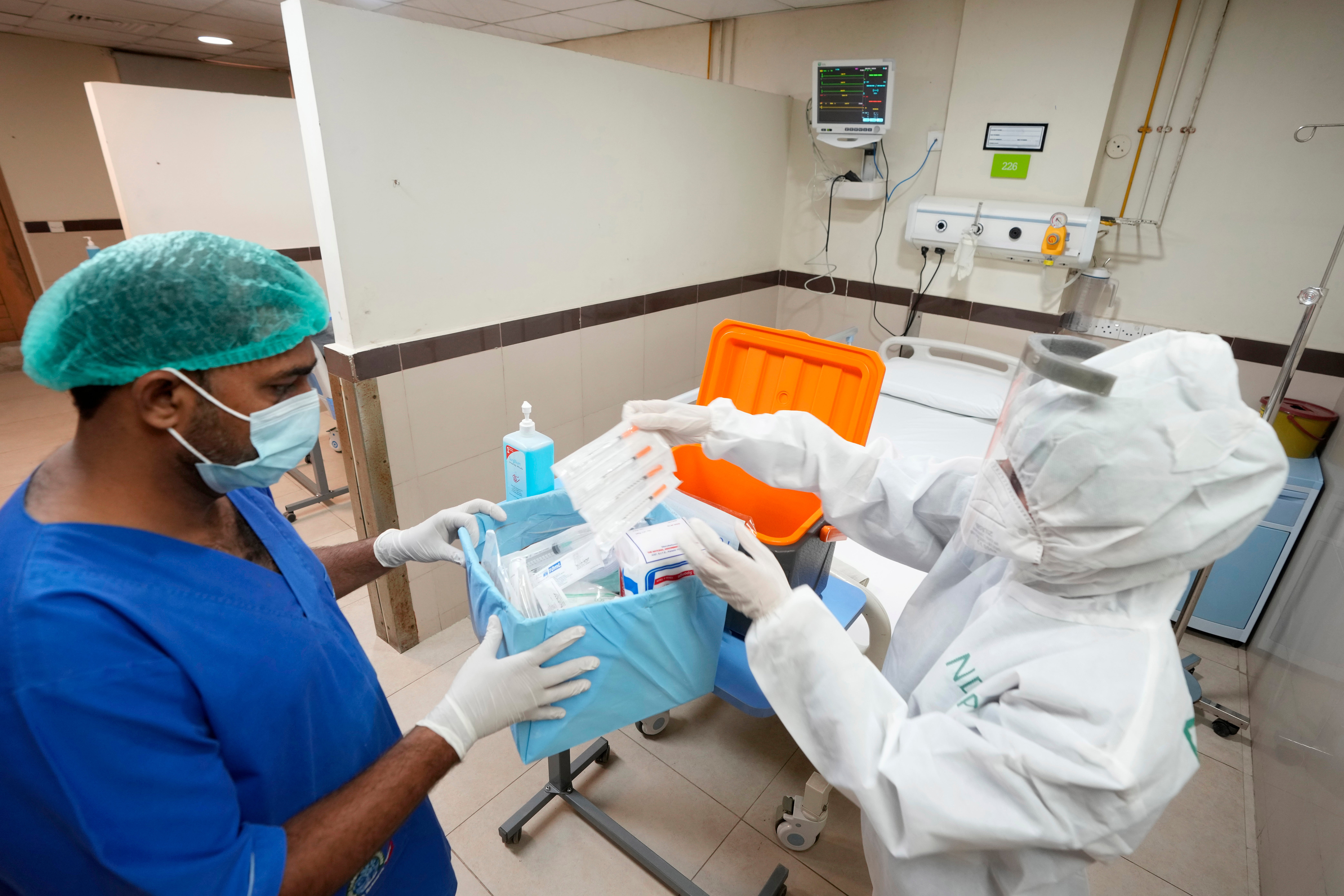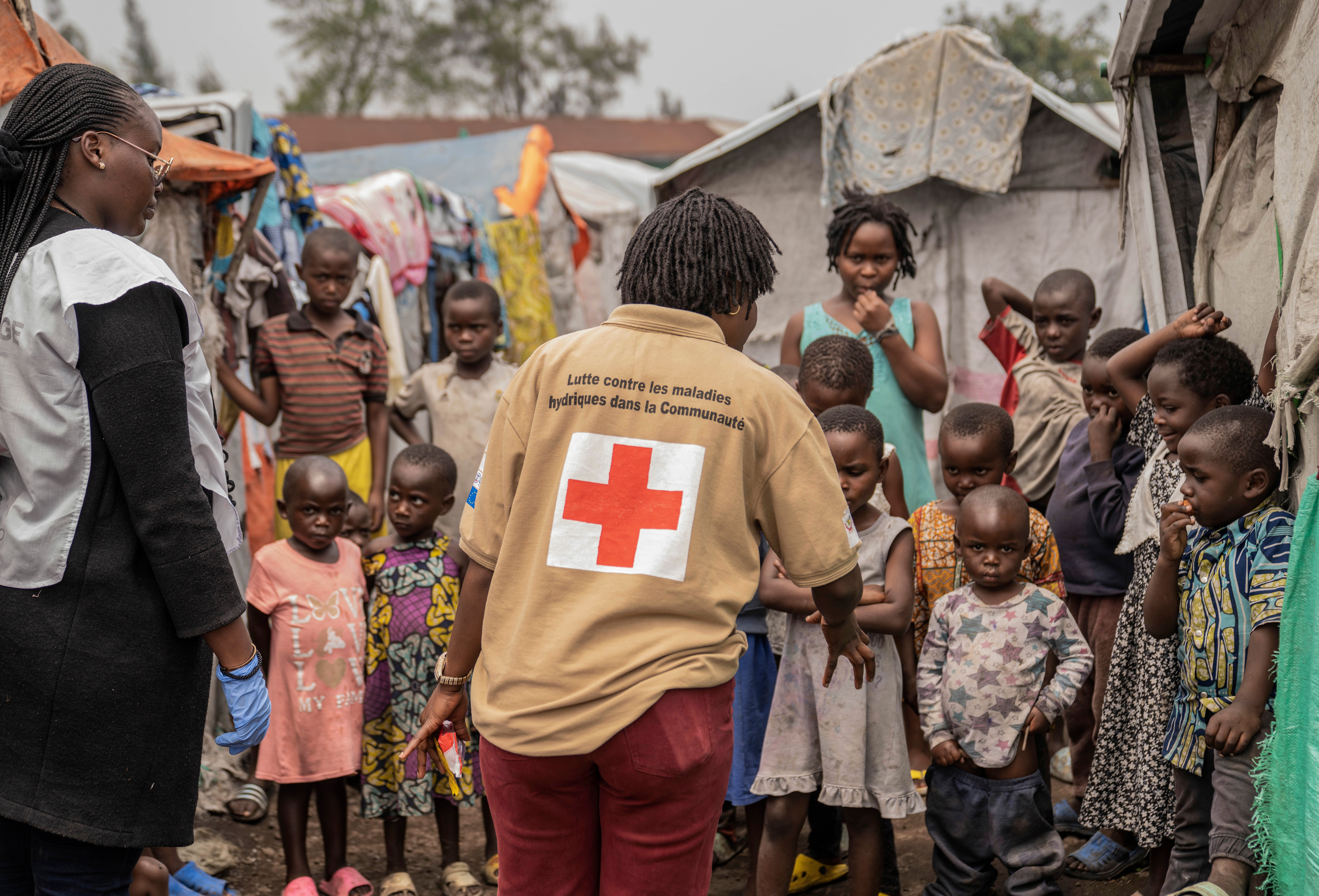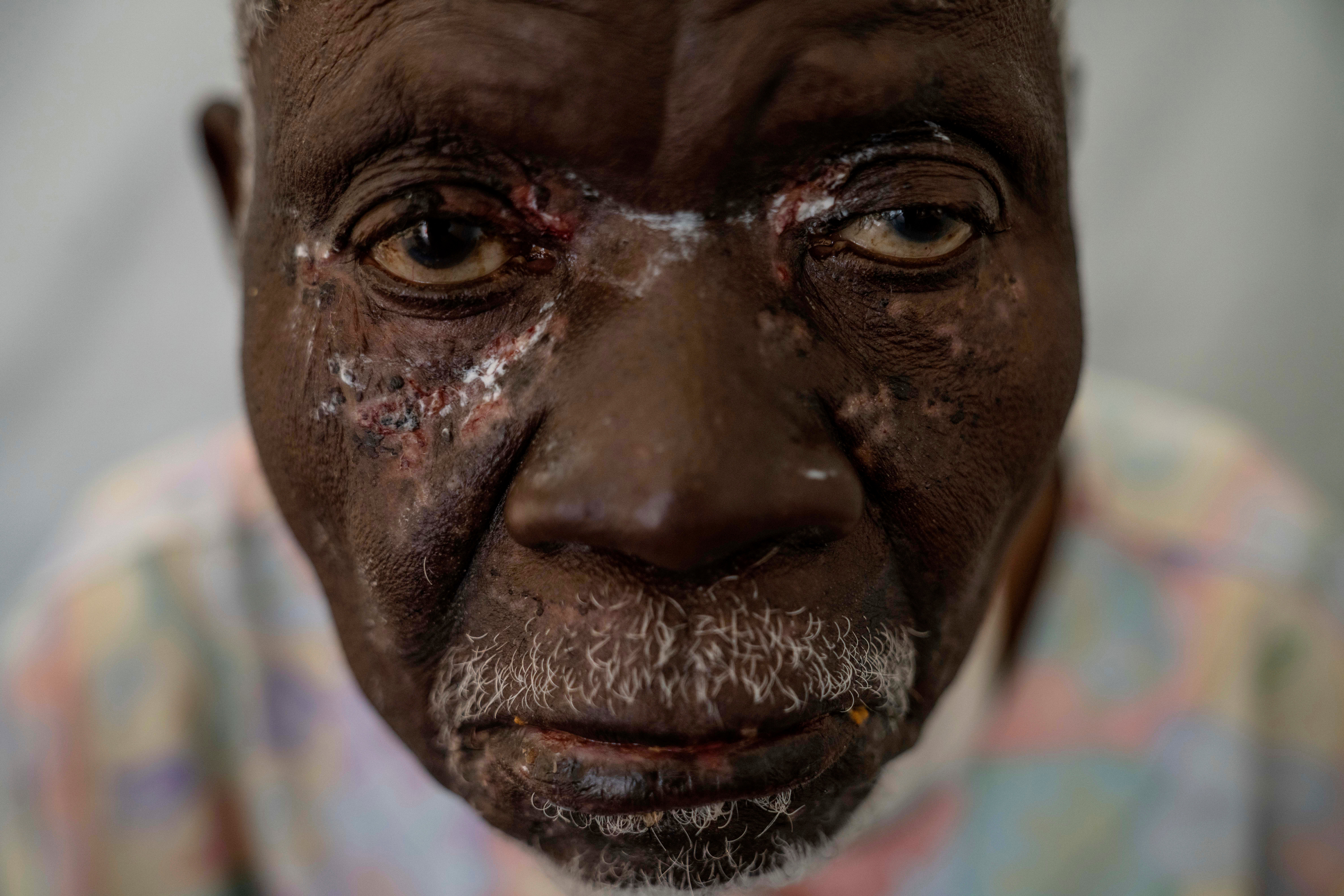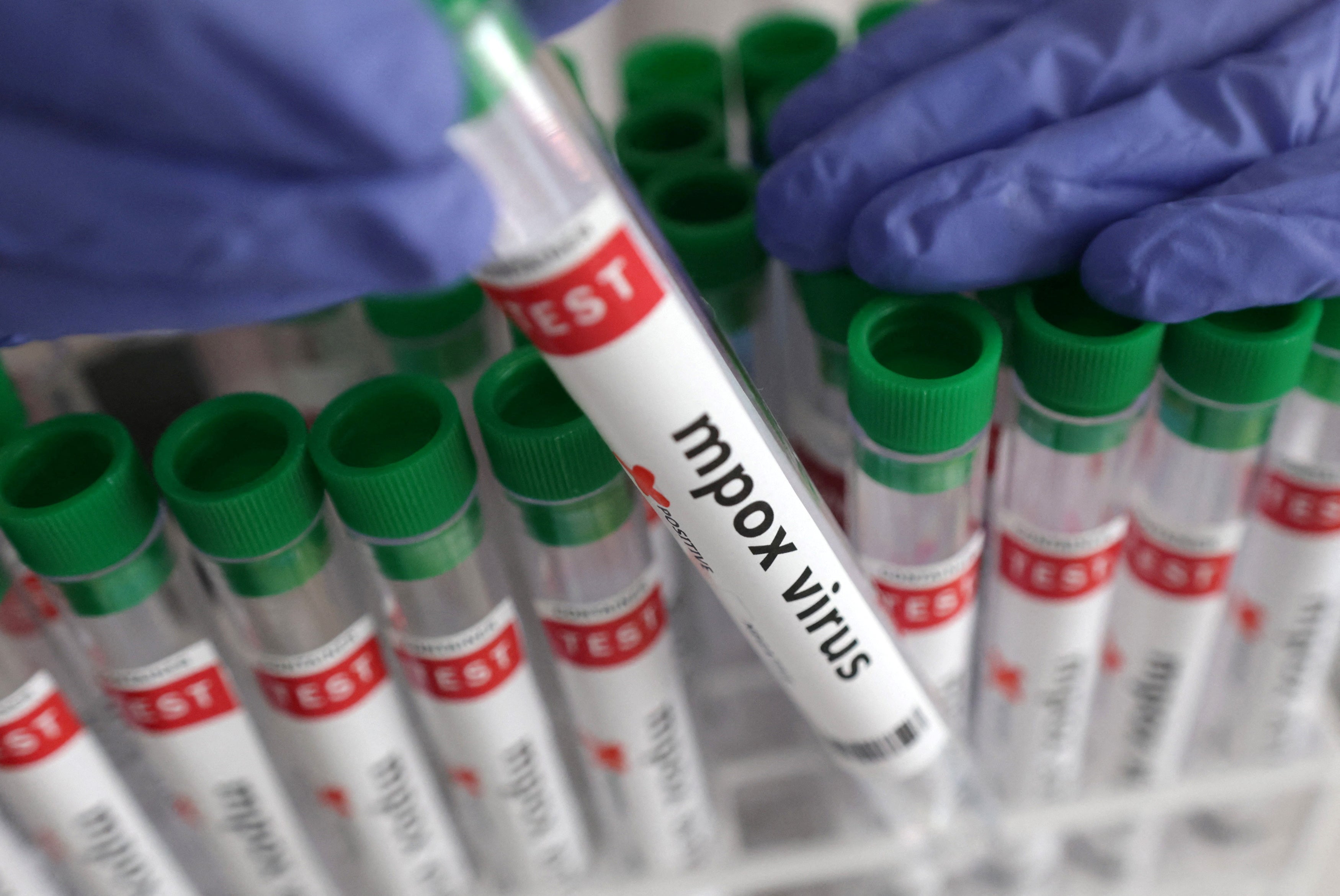Mpox outbreak: What are the symptoms and how worried should I be about the new variant in the UK?
A new variant of the disease is mutating more rapidly than expected, scientists say
Your support helps us to tell the story
From reproductive rights to climate change to Big Tech, The Independent is on the ground when the story is developing. Whether it's investigating the financials of Elon Musk's pro-Trump PAC or producing our latest documentary, 'The A Word', which shines a light on the American women fighting for reproductive rights, we know how important it is to parse out the facts from the messaging.
At such a critical moment in US history, we need reporters on the ground. Your donation allows us to keep sending journalists to speak to both sides of the story.
The Independent is trusted by Americans across the entire political spectrum. And unlike many other quality news outlets, we choose not to lock Americans out of our reporting and analysis with paywalls. We believe quality journalism should be available to everyone, paid for by those who can afford it.
Your support makes all the difference.A deadly new variant of the Mpox virus has been detected in the UK after months of growing concerns as it spread through countries in Africa, and was detected in Europe and Asia.
The UK Health Security Agency (UKHSA) says the risk to the population “remains low” despite fears surrounding the potentially more dangerous variant of the disease.
It began spreading rapidly in the Democratic Republic of the Congo in September 2023. Since then, scientists have been scrambling to get the disease under control.
The new variant, known as Clade 1b, is mutating rapidly and proving difficult to control, scientists say. It appears to spread more easily, and was therefore declared as a global health emergency by the World Health Organization in Africa on August 15.
The first UK case was detected in London after a holidaymaker travelled back to the UK on an overnight flight on October 21. More than a day later, they developed flu-like symptoms and developed a rash which became worse in the days following. The person was tested on October 27, and is now being treated in the Royal Free Hospital high consequence infectious diseases unit.

In 2024, 45,674 suspected cases in Africa have led to 1,014 deaths, according to the Africa Centres for Disease Control and Prevention Epidemic Intelligence weekly report on October 26. This means a case fatality rate (CFR) of 2.22 per cent.
The World Health Organisation declared a global health emergency on August 15, and have called on member states to help fund a $135million battle plan to fight the spread of the virus.

The outbreak “can be controlled and can be stopped”, Director-General Tedros Adhanom Ghebreyesus said, but this will require “approximately $135 million over the next six months for the acute phase of the outbreak”.
What is Mpox and what are the symptoms?
Mpox belongs to the same virus family as smallpox, but produces milder symptoms including fever, chills and body aches. Serious cases can lead to lesions on the face, hand, chest and genitals.
The virus was first identified by scientists in 1958, when it was known as monkeypox after the outbreak of a “pox-like” disease in monkeys. Scientists later changed the name to Mpox for accuracy reasons, with experts suggesting the virus originated from rodents.
The UK government lists the symptoms as: A skin rash with blisters, spots or ulcers that can appear anywhere on your body (including your genitals); fever; headaches, backache, and muscle aches; joint pains; swollen glands; shivering (chills) and exhaustion.

A rash will typically appear one to five days following a fever, often beginning on the face before spreading to other parts of the body.
The vaccine currently available in the UK tackles the Clade 2 variant of Mpox - which spread through the UK in 2022-2023. It is 70 to 85 percent effective if given to people before they receive the vaccine.
How concerned should the UK be?
The new strain of Mpox has spread to multiple countries in Africa including Burundi, Central African Republic, Rwanda, and Uganda.
Sweden reported Europe’s first case of Clade 1b Mpox on August 15 and Germany reported a case on October 23. Thailand reported Asia’s first case on August 22.
Scientists have said it is mutating more rapidly than was expected. Dr. Dimie Ogoina of the Niger Delta University Hospital said experts “don’t understand the outbreak very well”. But UK health authorities say the risk nonetheless “remains low”.

Professor Susan Hopkins, chief medical adviser at the UKHSA, said: “It is thanks to our surveillance that we have been able to detect this virus. This is the first time we have detected this Clade of mpox in the UK, though other cases have been confirmed abroad.
“The risk to the UK population remains low, and we are working rapidly to trace close contacts and reduce the risk of any potential spread.
“In accordance with established protocols, investigations are underway to learn how the individual acquired the infection and to assess whether there are any further associated cases.”
The focus currently remains on retaining vigilance and controlling the potential thread, rather than imposing travel restrictions.

Join our commenting forum
Join thought-provoking conversations, follow other Independent readers and see their replies
Comments